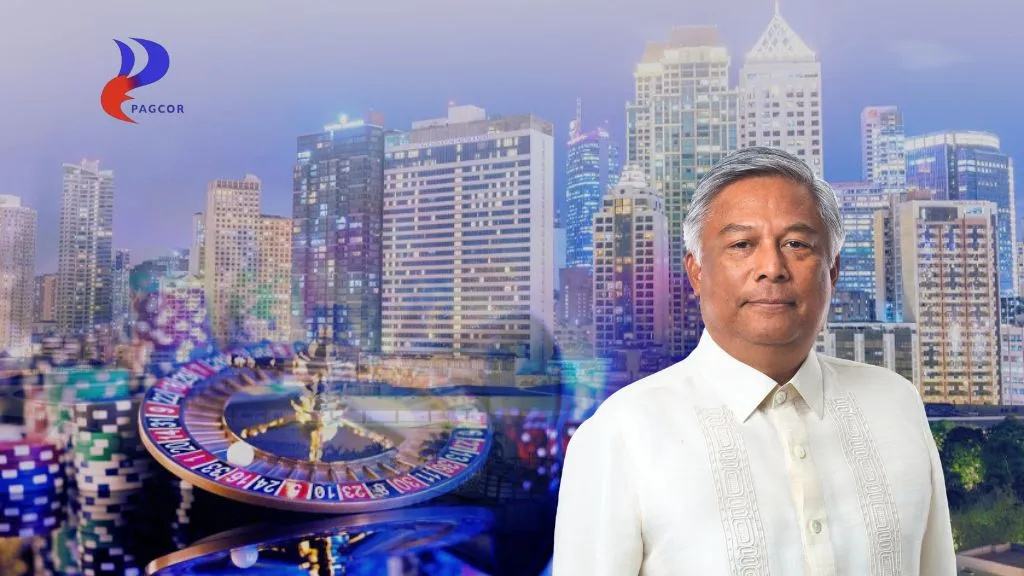As the Philippines undertakes a sweeping overhaul of its gaming regulatory framework, the industry continues to post strong results—particularly in the iGaming segment.
The Philippine Amusement and Gaming Corporation (Pagcor) reported earnings of PHP28 billion (£401 million) for the first quarter of 2025, up 11.2% compared to the same period last year. The result surpasses the government’s target of PHP26.88 billion by 4.45%.
Revenue from gaming operations and licence fees made up PHP25.53 billion, or 91% of the total. The remaining amount was derived from business income and service charges. Meanwhile, operating expenses dropped 15.5% year-on-year to PHP6.22 billion, down from PHP7.36 billion.
Egames and E-Bingo Drive Majority of Revenue
Electronic games and e-bingo accounted for 56% of total gaming revenue, bringing in PHP14.32 billion. Licensed and Pagcor-operated casinos made up the other 44%, generating PHP11.2 billion. Overall net income reached PHP4.22 billion—an increase of 23% year-on-year.
“This solid performance reflects Pagcor’s commitment to responsible governance and fiscal discipline,” said Pagcor CEO and Chairman Alejandro H. Tengco.
Tengco added that Pagcor’s contributions to nation-building during the period reached PHP18.9 billion, representing a 21.5% increase from 2024.
Pagcor Expands Oversight to Third-Party Vendors
Last week, Pagcor also announced the expansion of its regulatory authority to include third-party providers. In a notice dated 30 April, Jeremy B. Luglug, Assistant Vice President of Pagcor’s Electronic Gaming Licensing Department, confirmed the upcoming release of a Regulatory Framework for the Accreditation of Gaming Affiliates and Support Service Providers.
The new framework will make third-party vendors—such as payment processors, marketers, KYC solution providers, and testing laboratories—subject to direct accreditation by Pagcor.
This initiative is part of a broader effort to reform and professionalise the country’s gaming sector, which is now the Philippines’ third-largest source of government revenue after the Bureau of Internal Revenue and Bureau of Customs.
Stricter Oversight to Attract Global Investors
Last year, President Ferdinand Marcos banned Philippine Offshore Gaming Operations (POGOs) following allegations of widespread criminal activity. Since then, the country has significantly enhanced its anti-money laundering, counter-terrorism, and proliferation financing regimes. In February, the Financial Action Task Force removed the Philippines from its grey list of jurisdictions deemed at higher risk of money laundering.
The broader strategy aims to position the Philippines alongside other tightly regulated gaming markets and attract more foreign investment.
Pagcor is also pressing ahead with a plan to divest its casino portfolio. Lawmakers have long raised concerns over the agency’s dual role as both operator and regulator, labelling it a conflict of interest.
The sale of 45 Pagcor-operated gaming venues—including nine under the Casino Filipino brand—could raise as much as PHP50 billion. While the sell-off was initially expected to commence this year, it is now slated for completion in 2026.



